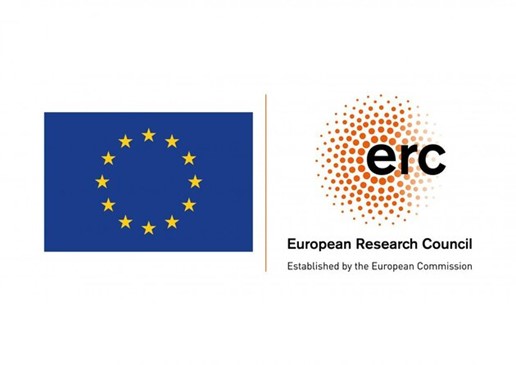About

Funded by a Starting Grant from the European Research Council (Project 101116763), the 5-year research project “Faith-Based Refugee Relief in Europe: Connecting the Empirical and the Ethical (FABRIC)” develops a new ethics of migration by understanding and utilizing the moral insights and the moral ideas that faith-based refugee relief organizations develop in practice for the cross-disciplinary debate about the ethics of forced migration in Europe.

Faith-based organizations (FBOs) have been at the forefront of this challenge, preventing the collapse of infrastructures of care, combatting racist discourse and religious discrimination. Yet there is very little knowledge about the refugee relief of these FBOs so their significance for the ethics of migration has been neither analysed nor assessed. FABRIC addresses this lack of research by conducting a comprehensive and comparative empirical exploration of FBOs. FABRIC analyses faith-based refugee relief across the continent in a way that accounts for differences in region, religion, and migration regime. This analysis puts the debate about the ethics of forced migration on a new footing. Accordingly, our research questions are:
- What activities are conducted by FBOs in Europe? In other words, what are these organizations doing?
- What reasons and rationales do FBOs draw on to frame their activities? In other words, why are these organizations doing what they are doing?
- What impact might FBOs have on debates about how to organize migration in Europe? In other words, what can ethicists learn from these organizations?
To ask and answer these questions, we move neither from theory into practice nor from practice into theory but design a theoretical framework in which ethics informs the exploration of practices on the ground and practices on the ground inform the elaboration of ethics.

Countering the lack of interaction between empirical and evaluative approaches so characteristic of the study of forced migration, FABRIC enquires into the conditions, constraints, and consequences of practicing justice. It aims to offer a concrete account of faith-based refugee relief in order to formulate a concept of mobility justice that considers cross-connections between social, racial, and climate justice on regional, national, and global scales.

